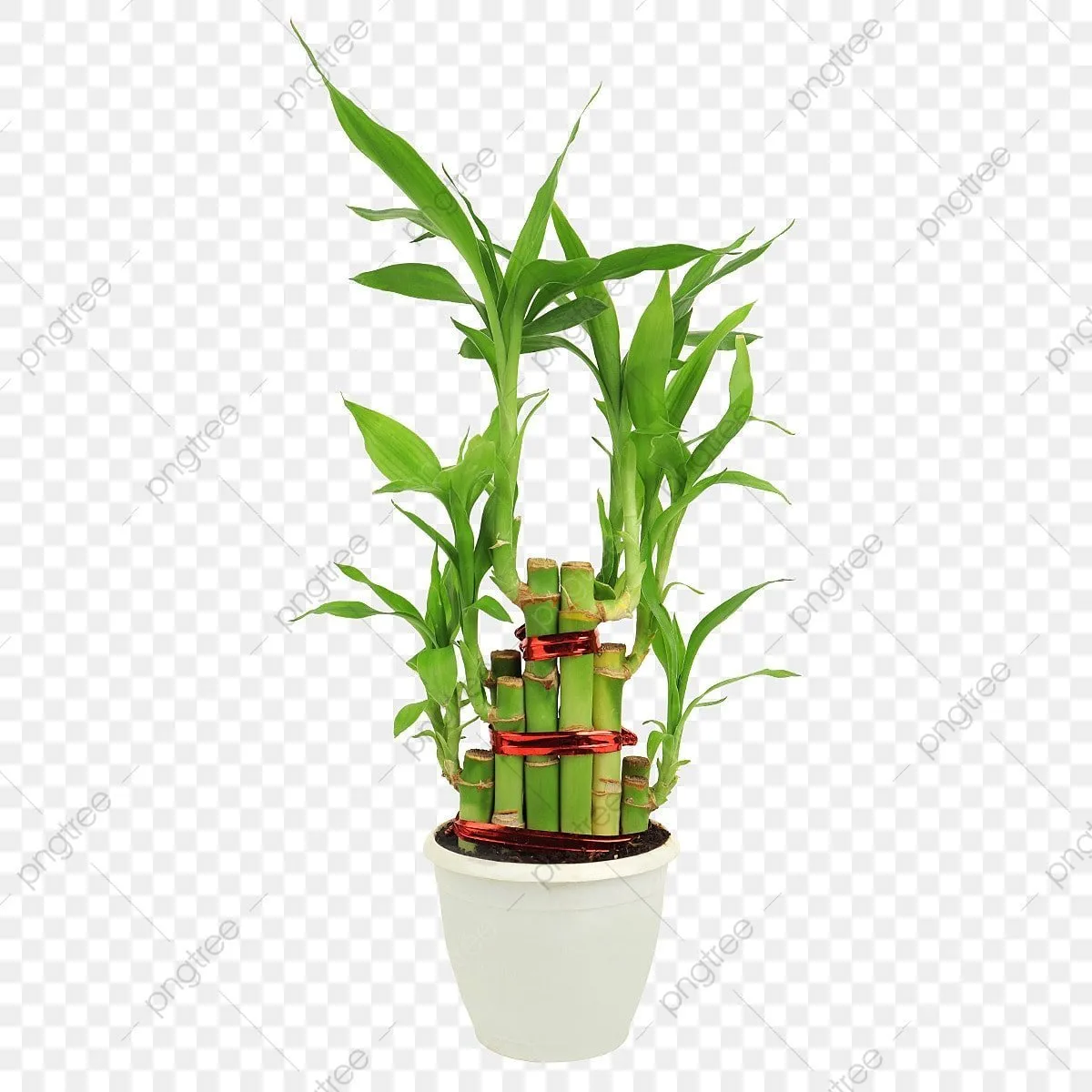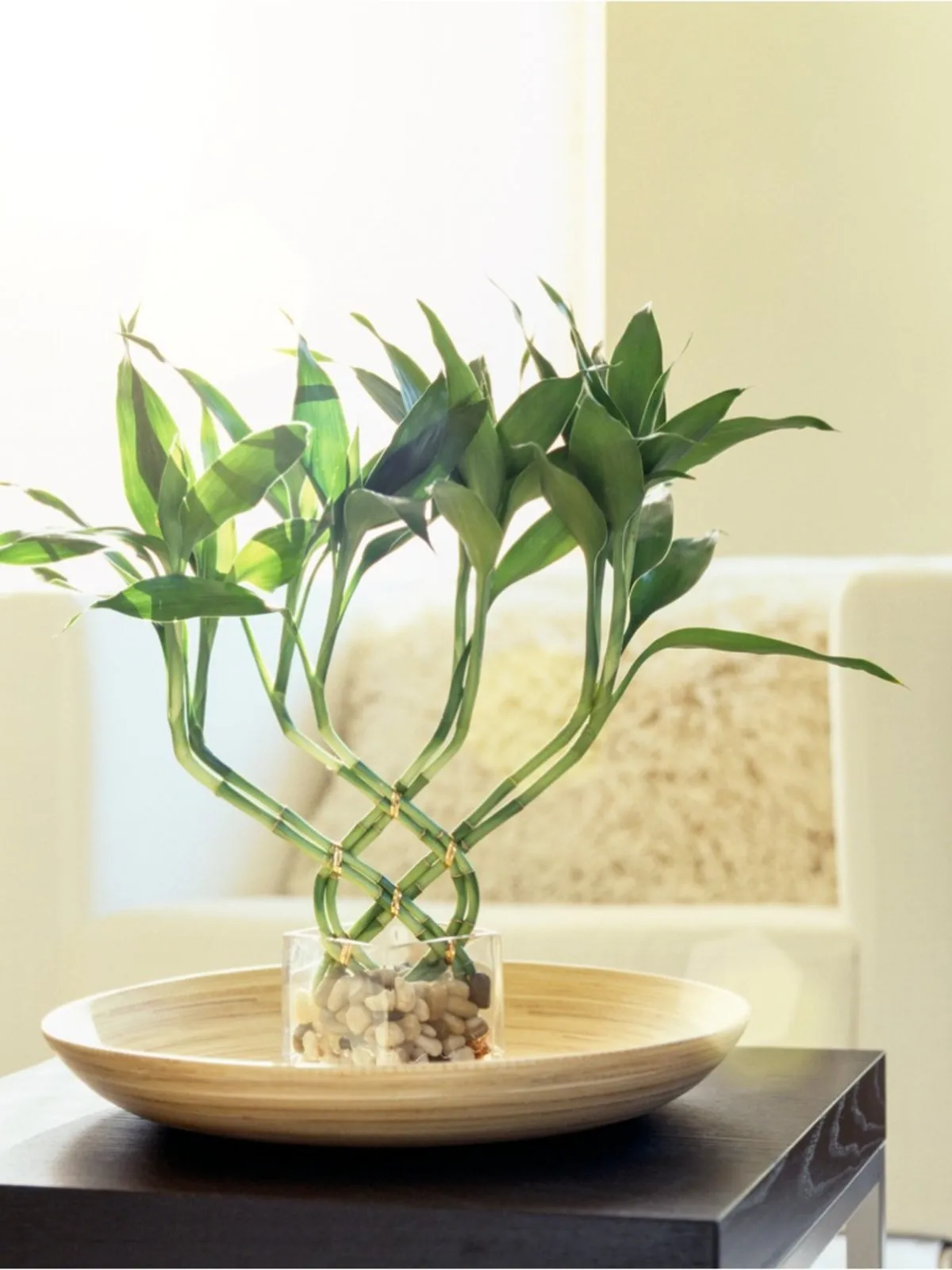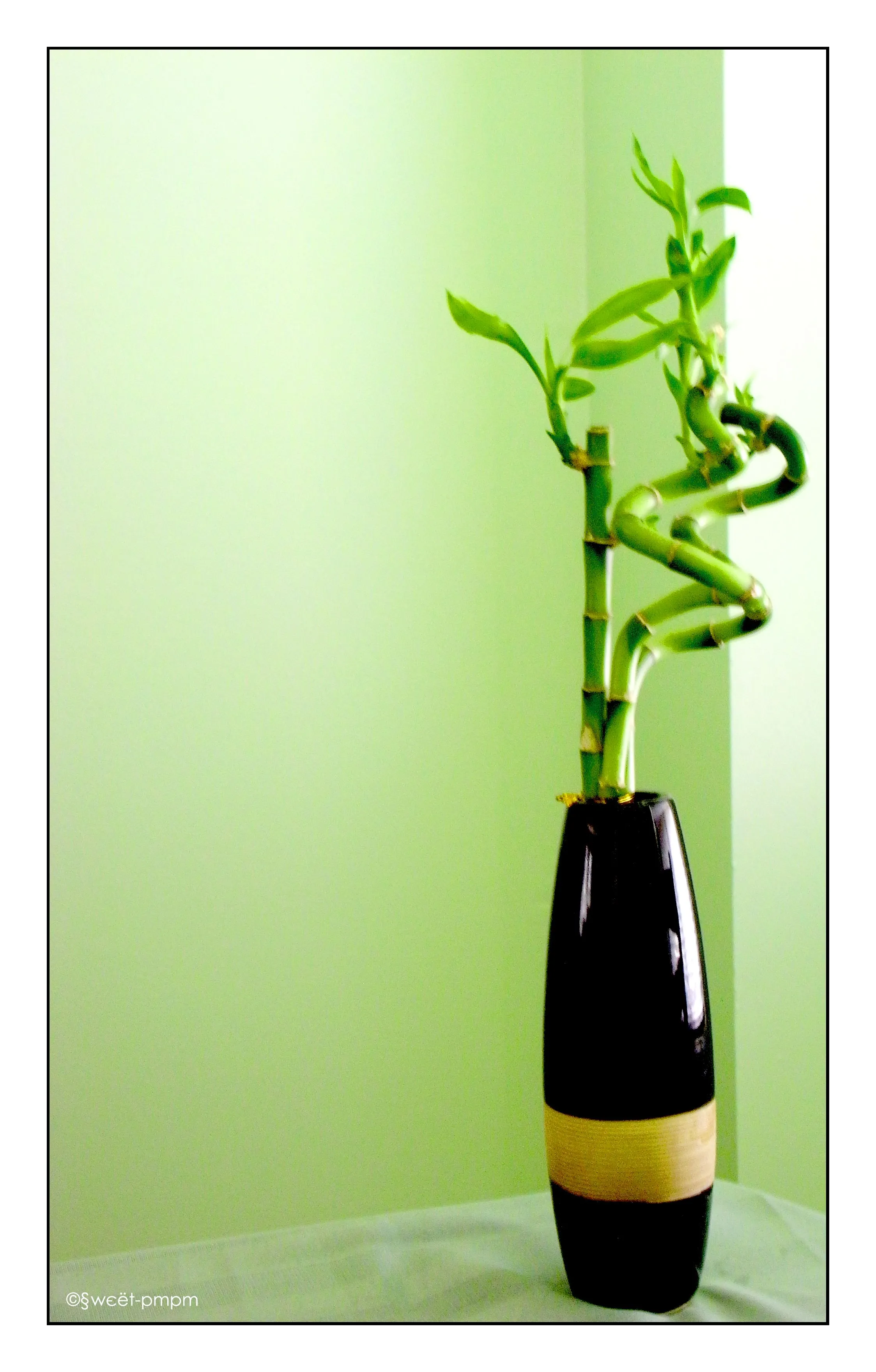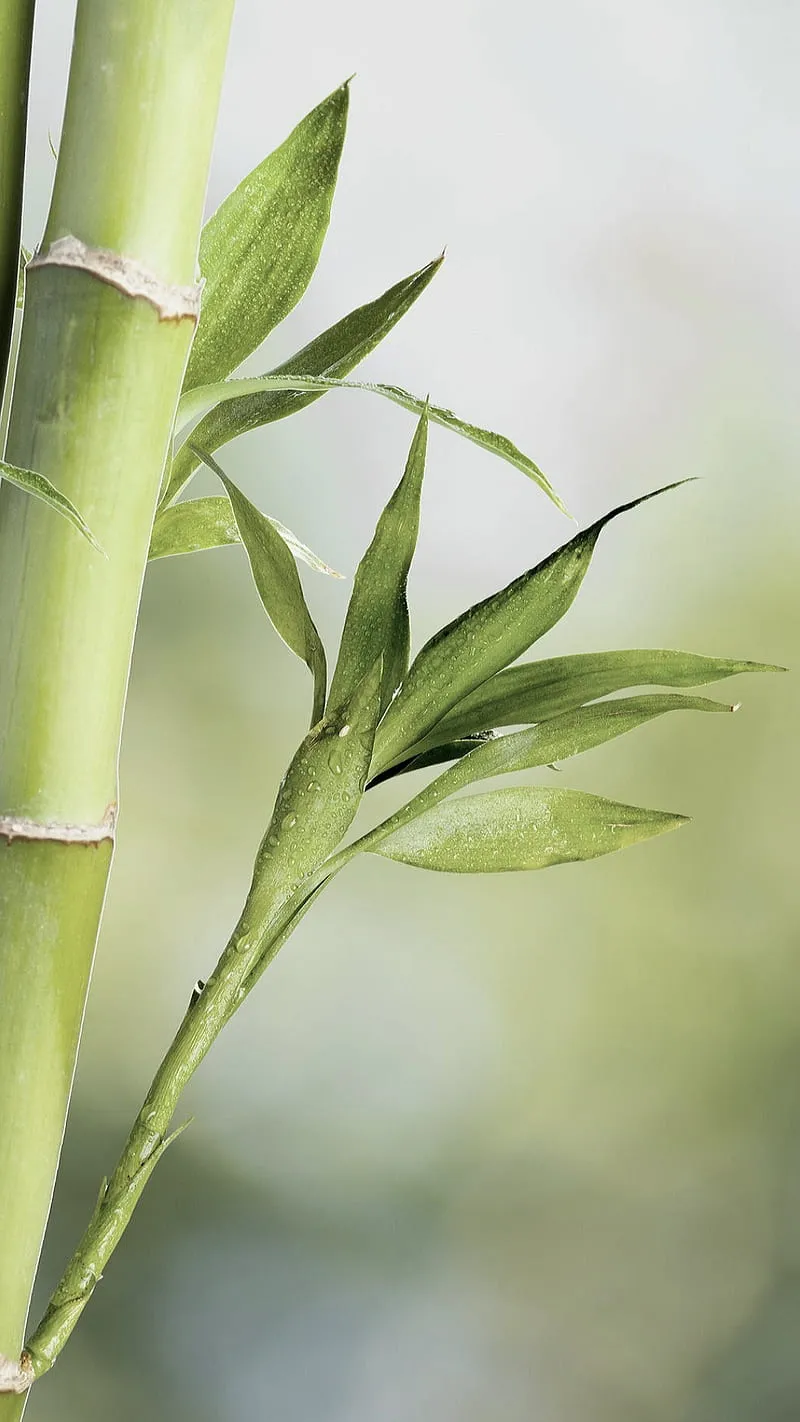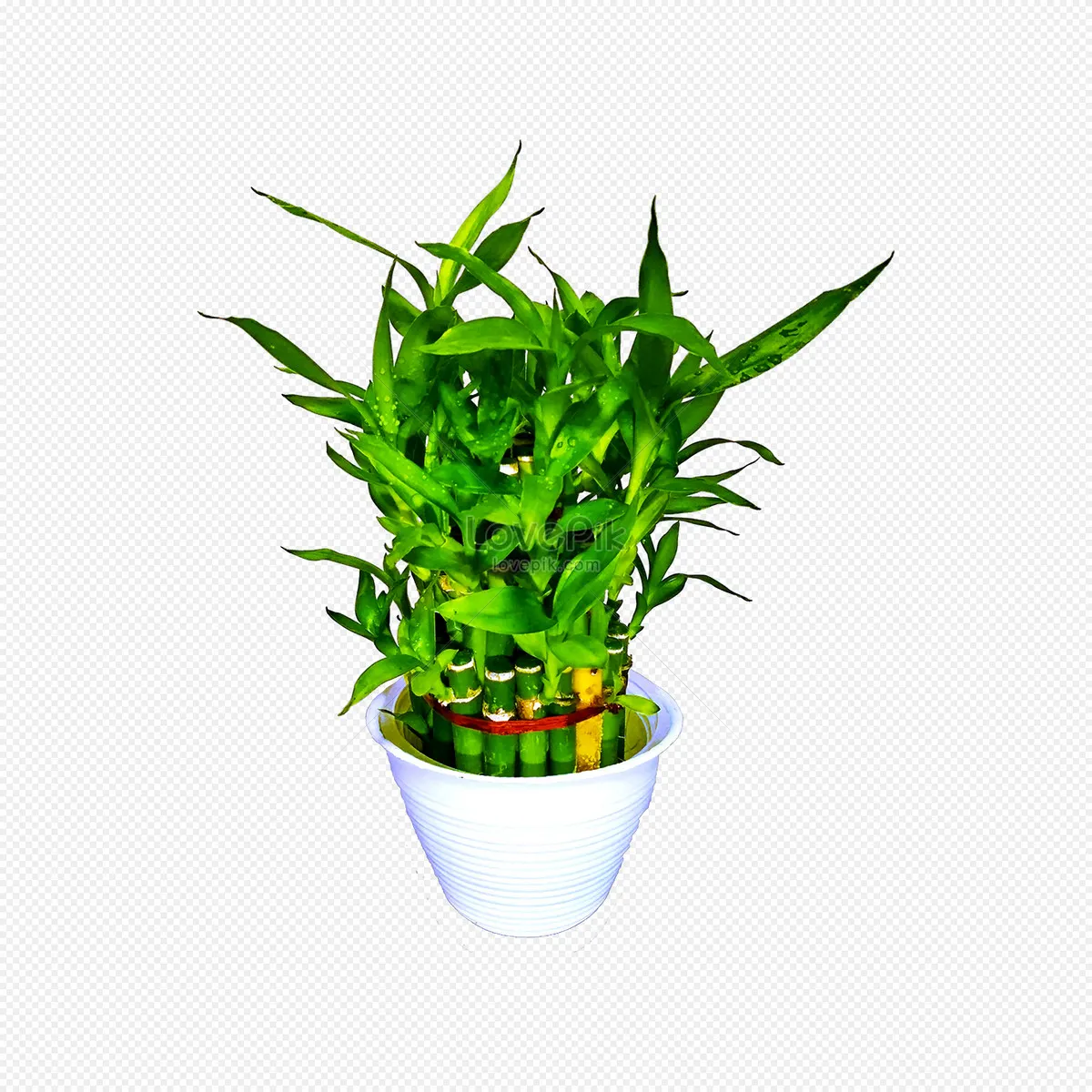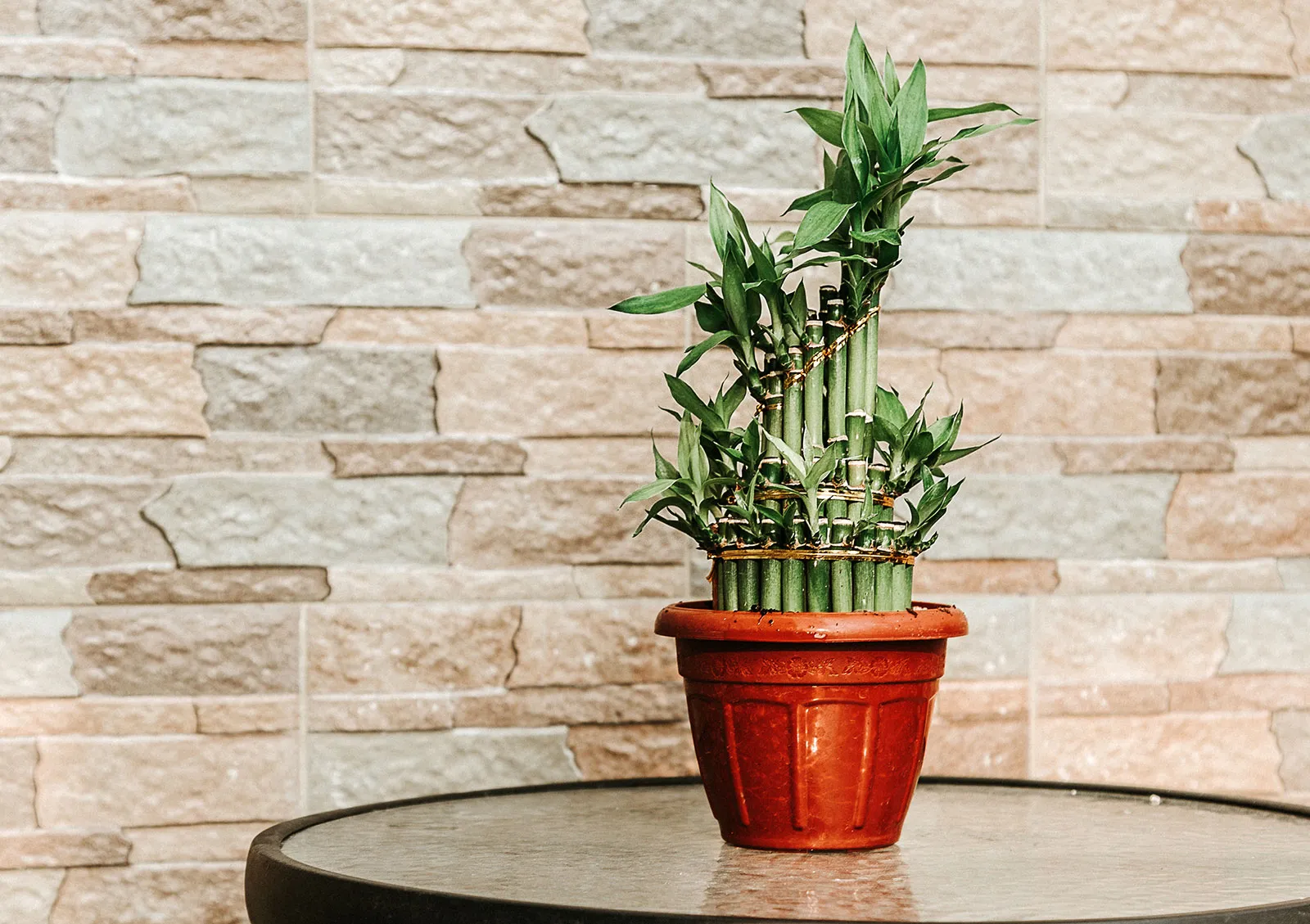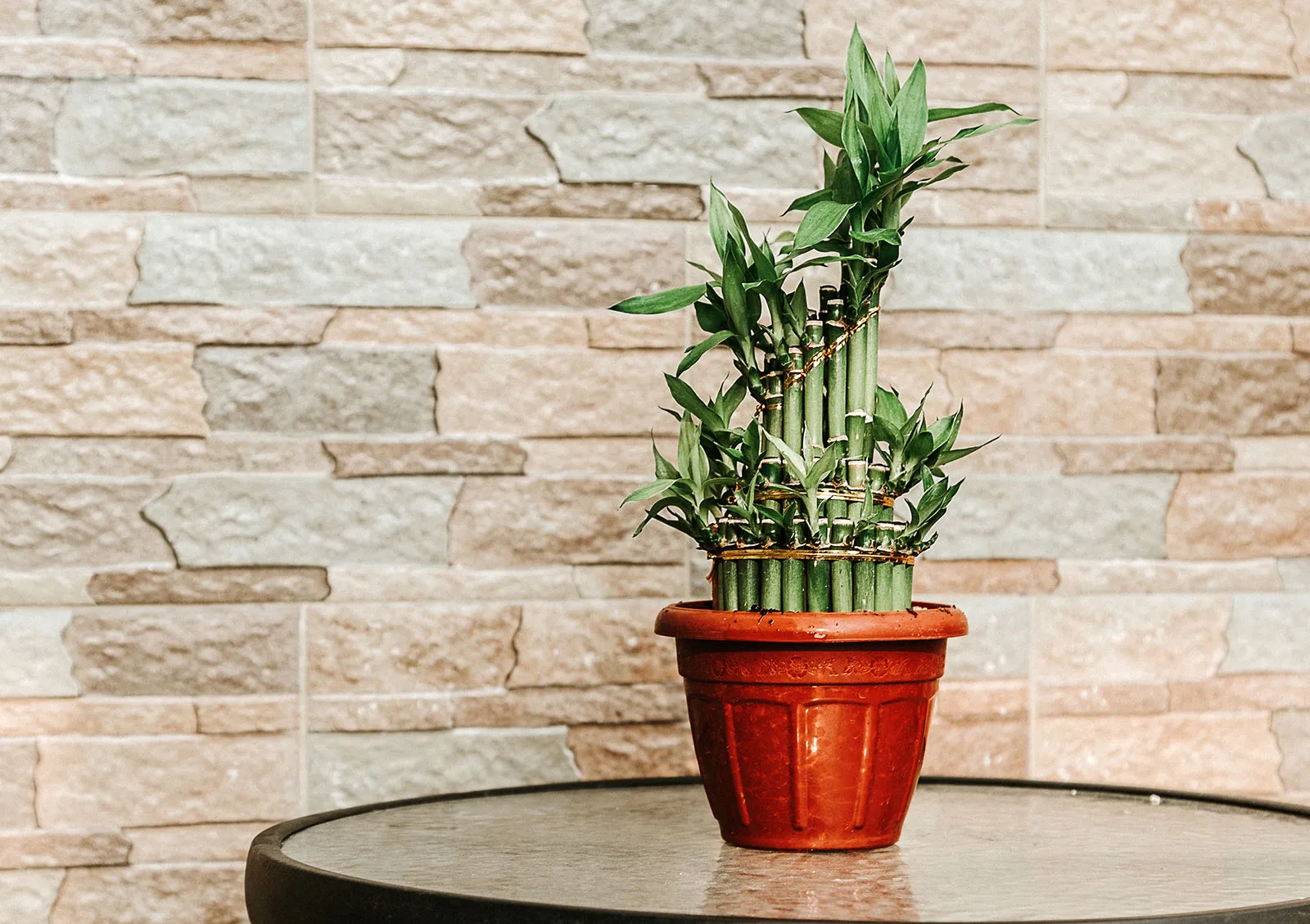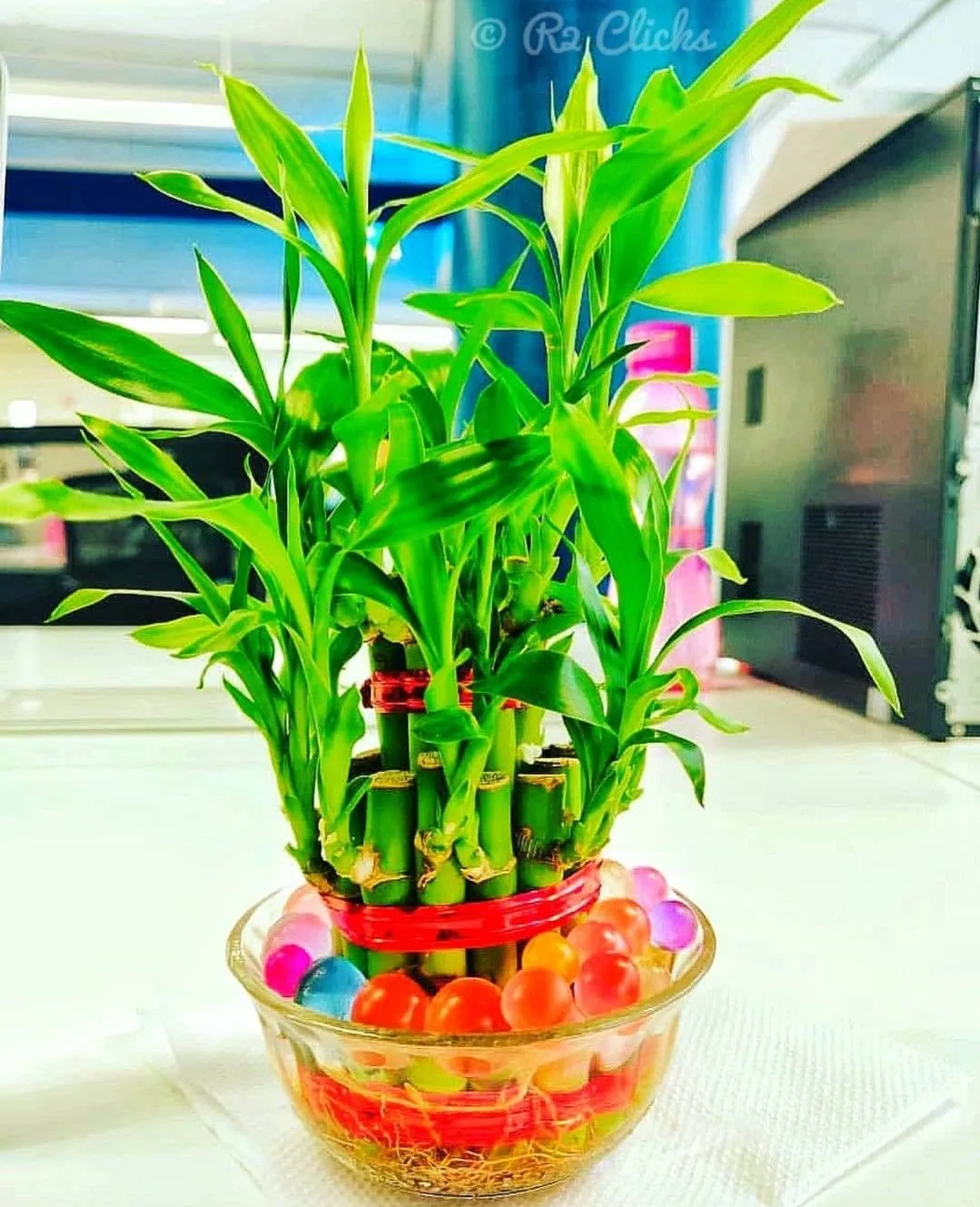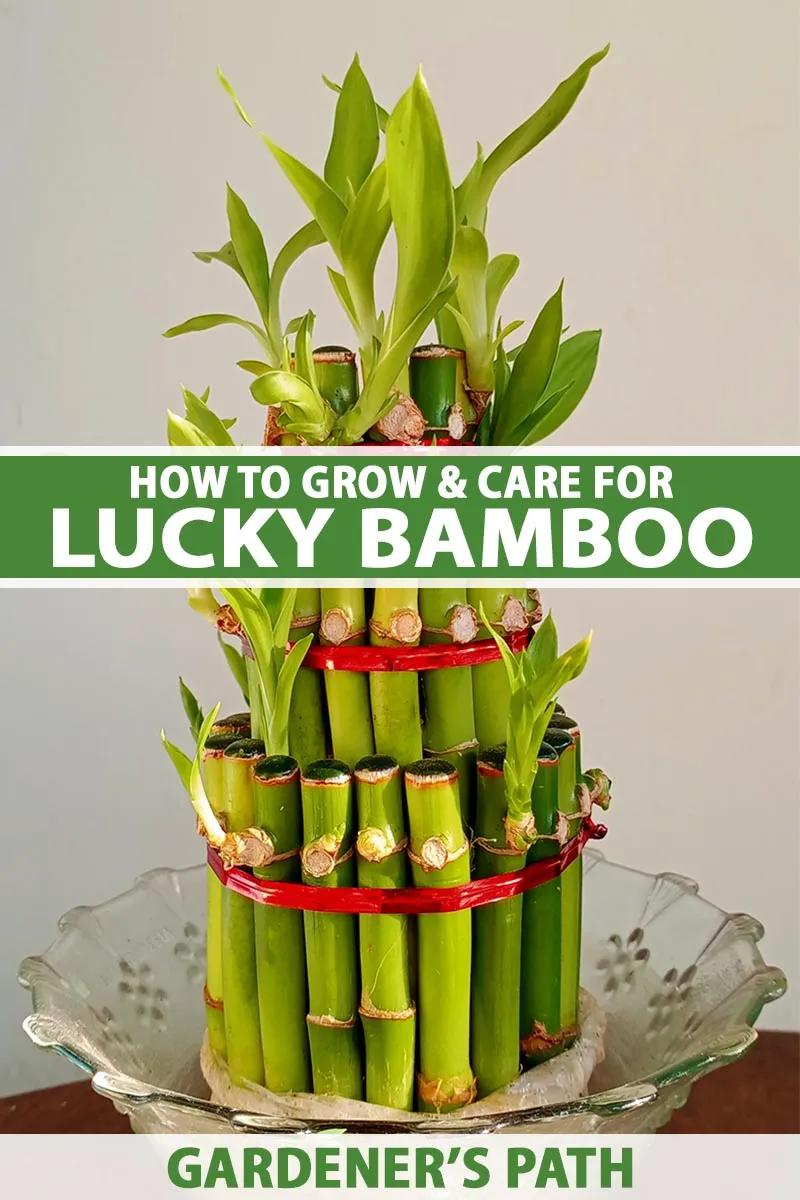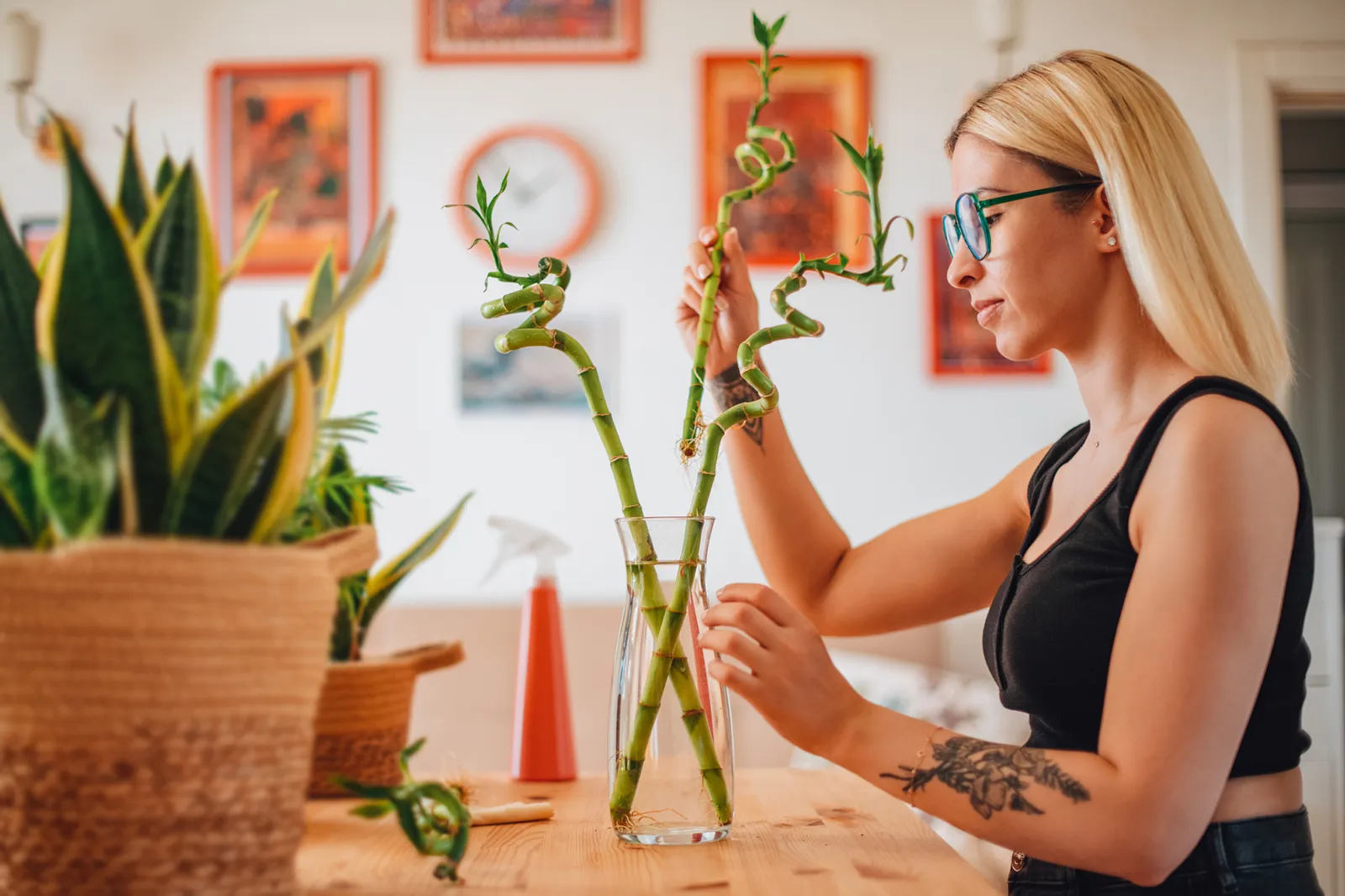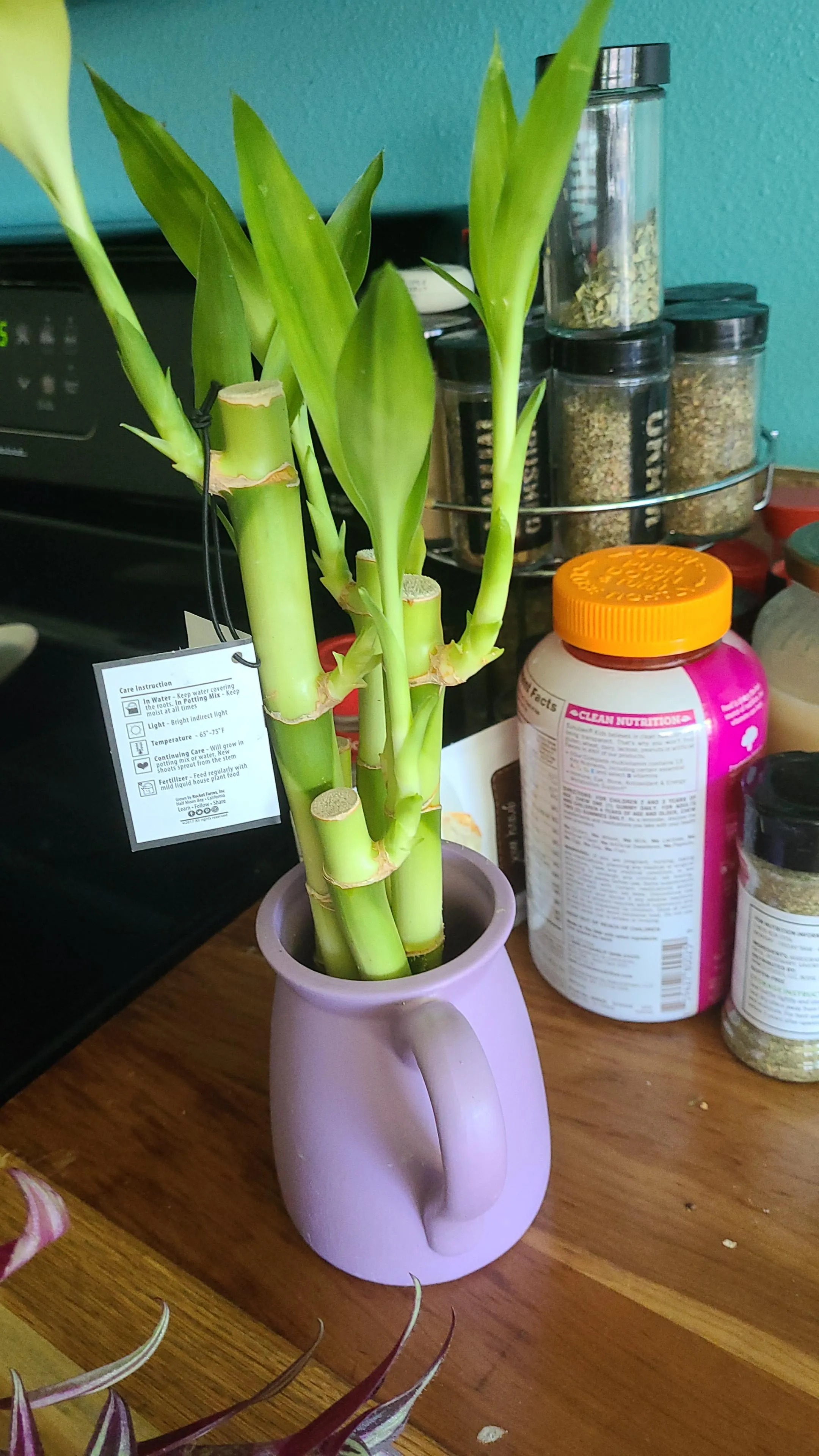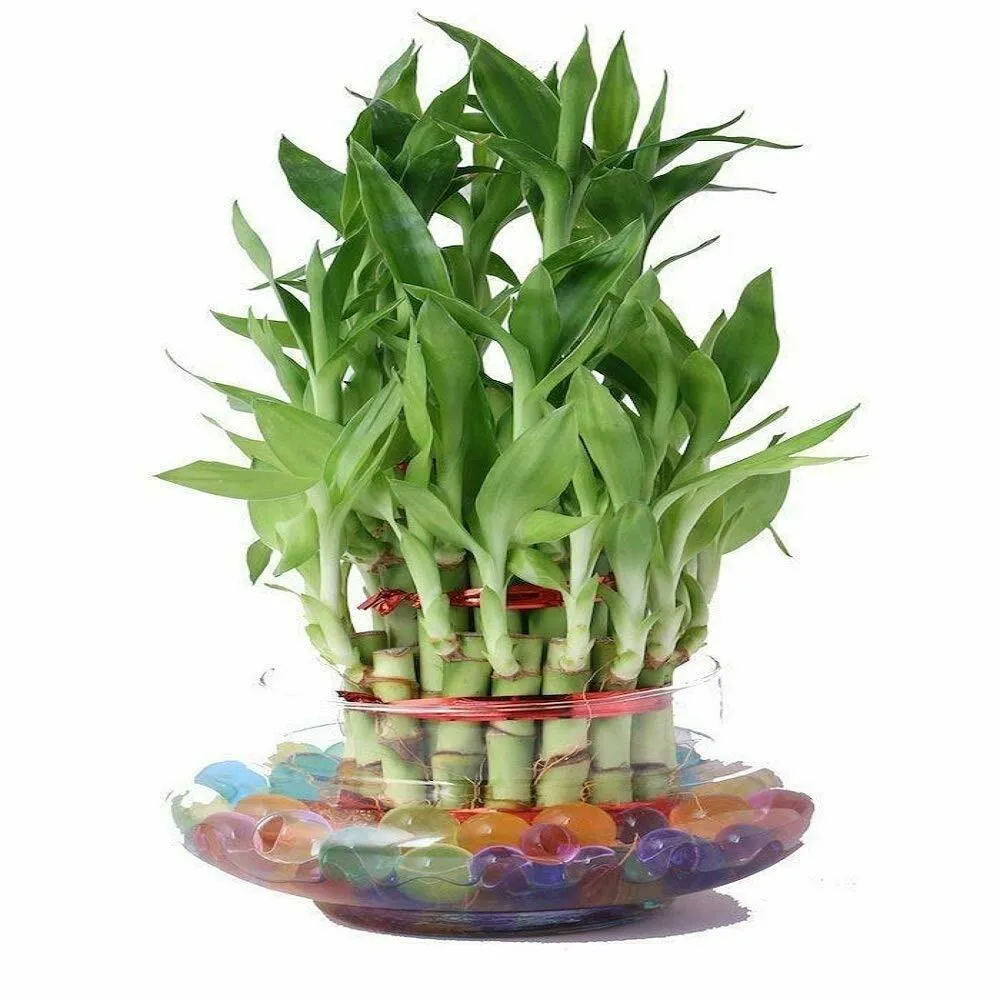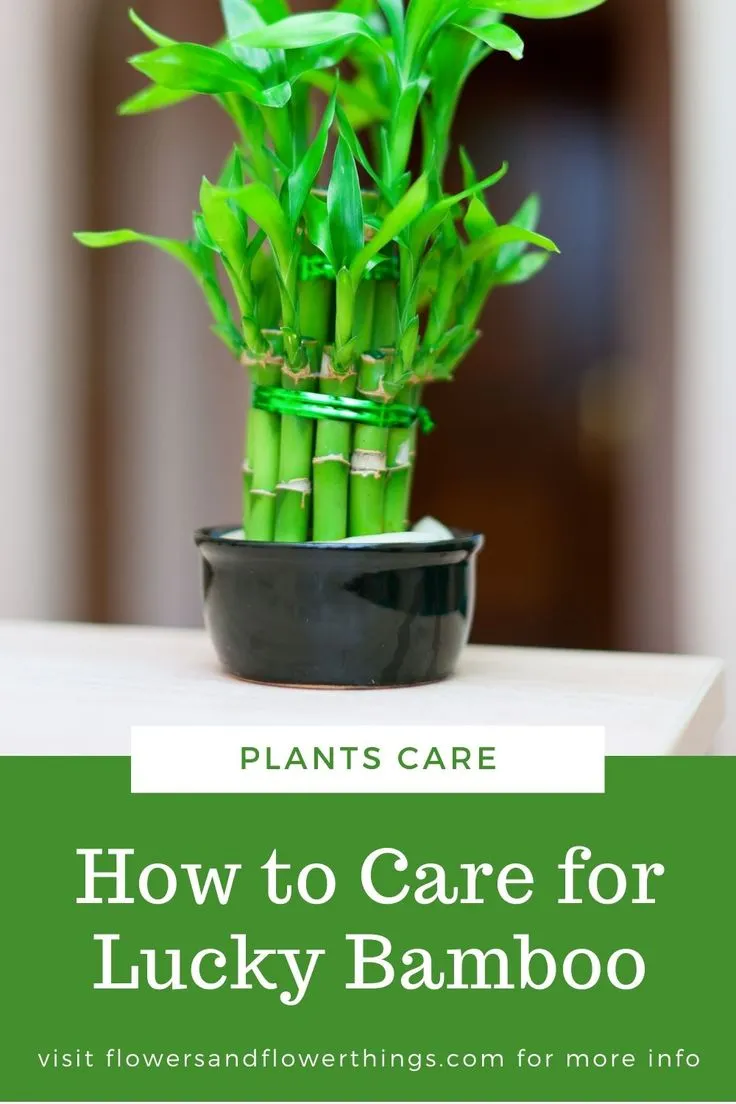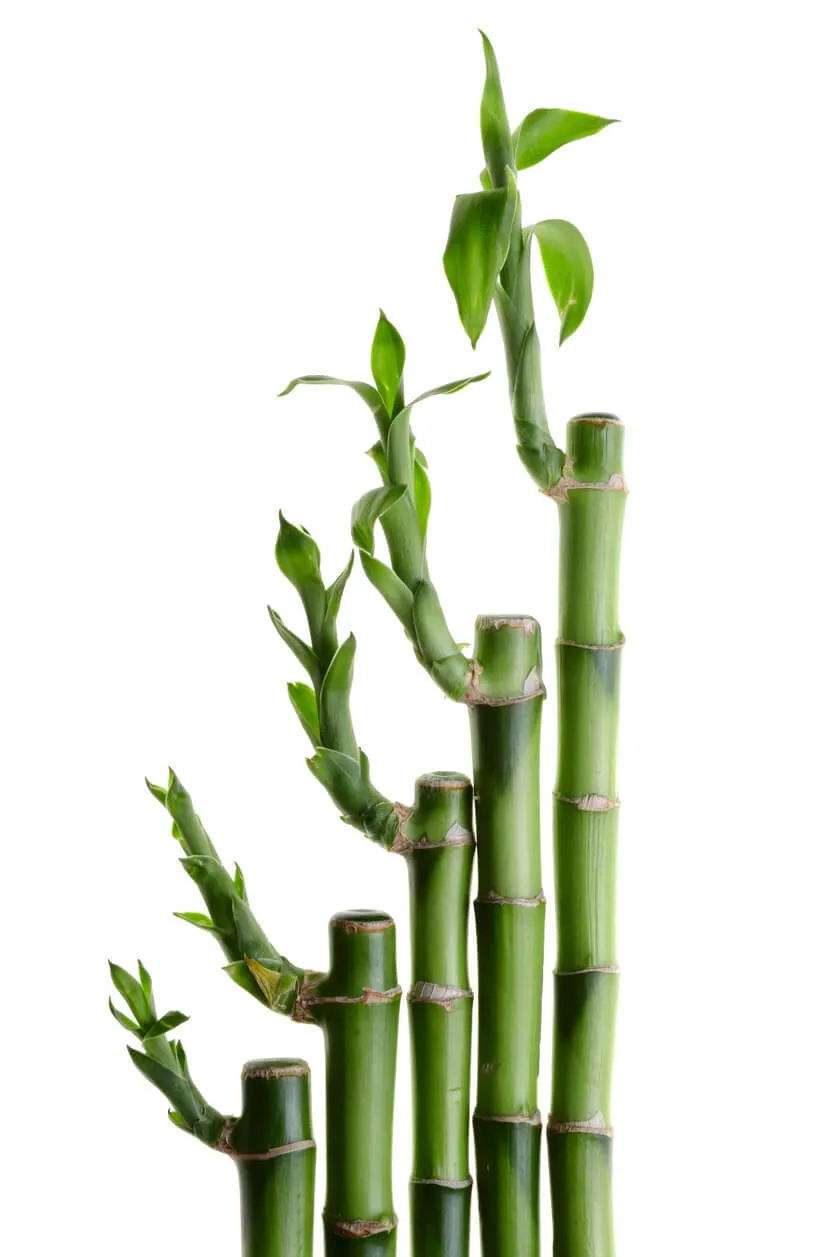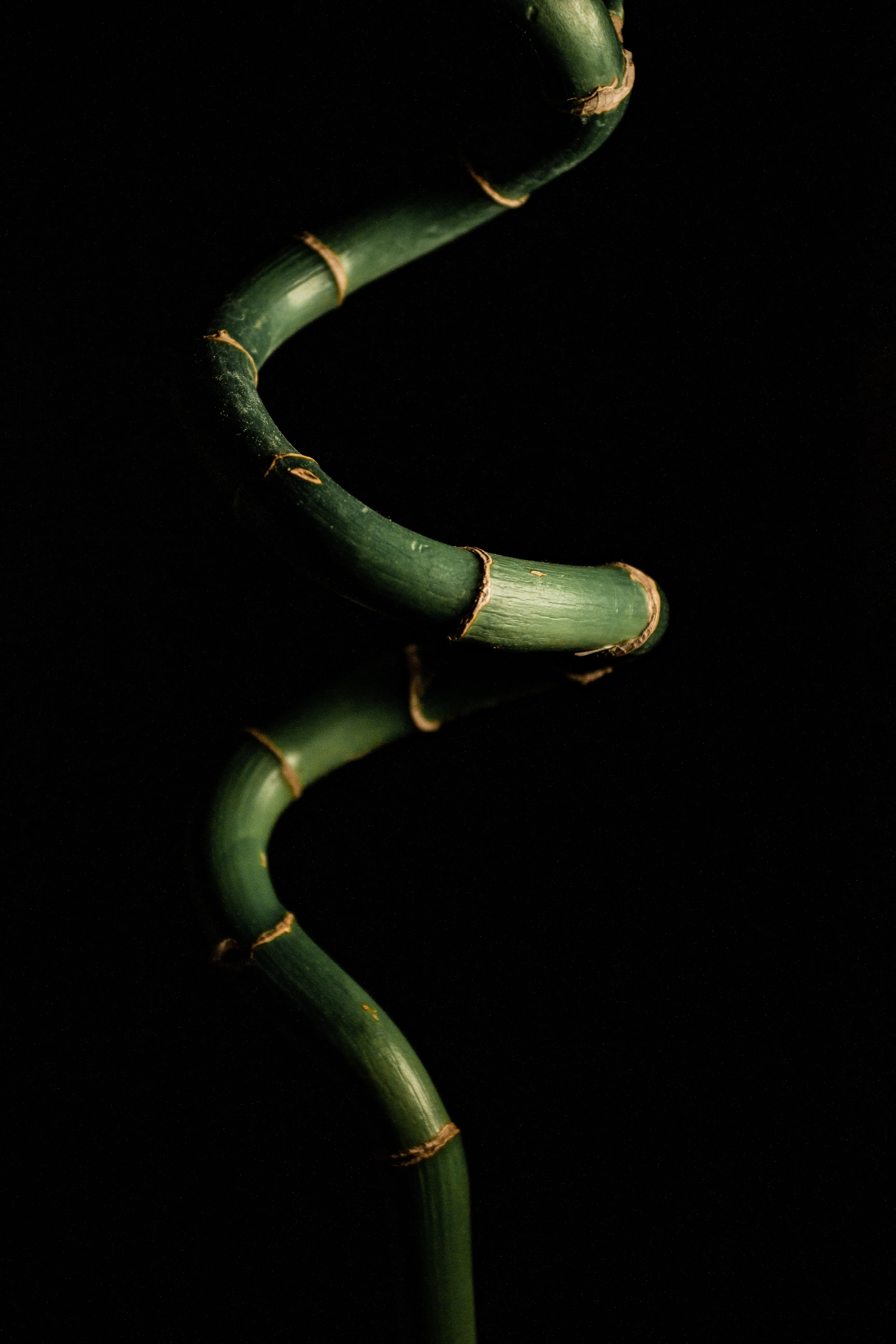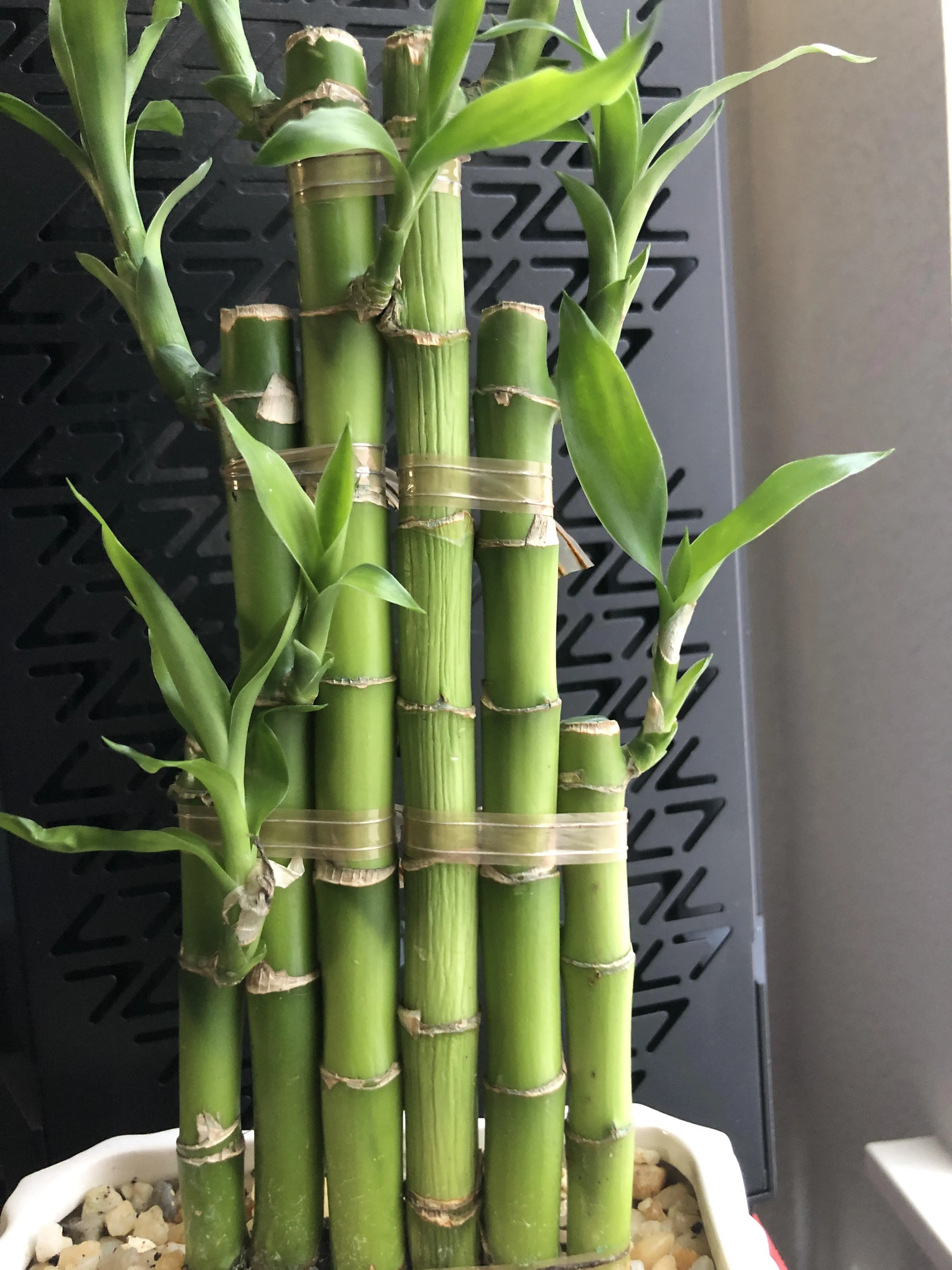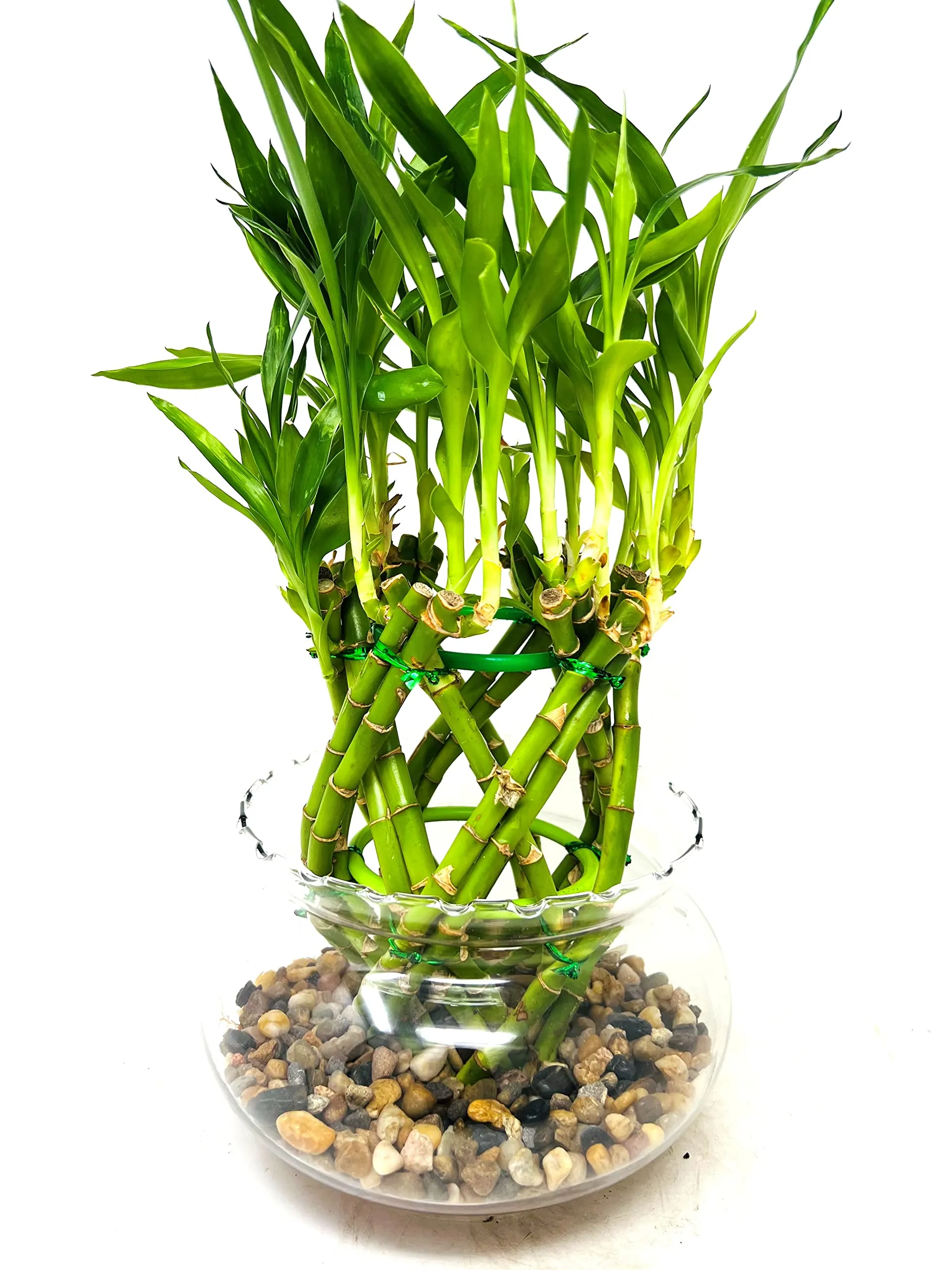Lucky Bamboo: A Houseplant with a Rich Cultural History
Lucky bamboo is a popular houseplant that is easy to care for and adds a touch of natural beauty to any room. Despite its name, it is not actually a bamboo plant but a type of tropical water lily called Dracaena sanderiana. This plant has a rich cultural history and has been associated with good luck and prosperity for centuries. In this article, we will explore the origins and symbolism of lucky bamboo, as well as its care and maintenance.
Origins and Symbolism of Lucky Bamboo
Lucky bamboo is native to Cameroon in West Africa, where it grows in the wild as an aquatic plant. It was first introduced to China in the 10th century and quickly became popular due to its unique appearance and cultural significance. In Chinese culture, the number four is considered unlucky because it sounds similar to the word for "death." Lucky bamboo, with its long, thin stalks and lush green leaves, was seen as a way to counteract the negative energy associated with the number four. Over time, the symbolism of lucky bamboo expanded beyond China and became popular in other Asian countries such as Japan and Korea. In these cultures, lucky bamboo is often given as a gift to wish someone good luck and prosperity. The number of stalks in a lucky bamboo plant is also significant, with different numbers representing different blessings. For example, a plant with two stalks represents love and marriage, while a plant with eight stalks represents wealth and abundance.
Care and Maintenance of Lucky Bamboo
Lucky bamboo is a low-maintenance plant that is easy to care for, making it a popular choice for those who are new to gardening or who have limited space. Here are some tips for caring for your lucky bamboo plant:
Watering
Lucky bamboo is an aquatic plant, so it needs to be kept in water at all times. When watering your plant, make sure to use filtered or distilled water, as tap water can contain chemicals that are harmful to the plant. Change the water in your plant's container every two weeks to prevent algae growth and keep the water fresh.
Lighting
Lucky bamboo does best in bright, indirect sunlight. Direct sunlight can scorch the leaves, while too little light can cause the plant to become leggy and weak. If your plant is not getting enough light, you can supplement with artificial light using a grow light.
Temperature and Humidity
Lucky bamboo thrives in warm, humid environments. Keep your plant away from cold drafts or extreme temperatures, as this can cause damage to the leaves and stalks. You can increase the humidity around your plant by placing it on a tray of pebbles filled with water or by using a humidifier.
Fertilizing
Lucky bamboo does not require regular fertilization, but you can give it a boost of nutrients every few months by adding a small amount of liquid fertilizer to the water. Be careful not to over-fertilize, as this can cause the plant to become overgrown and unhealthy.
Pruning
Lucky bamboo can be pruned to control its shape and size. To prune your plant, use a sharp pair of scissors to cut the stalks just above a node (the point where leaves grow). This will encourage new growth and prevent the plant from becoming too tall or leggy.
Common Problems with Lucky Bamboo
While lucky bamboo is generally a hardy plant, it can be susceptible to a few common problems:
Yellowing Leaves
Yellowing leaves can be a sign of overwatering, underwatering, or too much direct sunlight. Check your plant's watering schedule and move it to a spot with less direct sunlight if necessary.
Algae Growth
Algae growth is common in lucky bamboo plants that are kept in water for extended periods of time. To prevent algae growth, change the water in your plant's container every two weeks and keep the container clean.
Root Rot
Root rot can occur if your plant is overwatered or if the water it is sitting in is contaminated. If you notice your plant's roots turning brown or mushy, remove the plant from the water and trim off any damaged roots. Repot the plant in fresh, clean water and make sure to adjust your watering schedule accordingly.
Conclusion
Lucky bamboo is a beautiful and meaningful houseplant that can bring a touch of nature and good luck into your home. With its easy care requirements and rich cultural history, it is a great choice for both novice and experienced gardeners. By following the tips and guidelines outlined in this article, you can ensure that your lucky bamboo plant thrives for years to come.
Frequently asked questions about Lucky bamboo wallpapers
How many pictures of Lucky bamboo are available for download on your website?
We have a total of 28 pictures of Lucky bamboo available for download on our website.
What category are the Lucky bamboo pictures listed under?
The Lucky bamboo pictures are listed under the "Houseplants" category on our website.
Do I need to pay to download the Lucky bamboo pictures?
No, all of the Lucky bamboo pictures are available for free download on our website.
What file types are available for download for the Lucky bamboo pictures?
You can download the Lucky bamboo pictures in three different file types: .jpg, .png, and .webp.
Can I choose different sizes for the Lucky bamboo pictures?
Yes, you can choose different sizes (width and height) for the Lucky bamboo pictures.
How does your website determine the appropriate size for mobile visitors?
Our website automatically detects the visitor's mobile screen size and chooses the appropriate size for the Lucky bamboo pictures.
Can I download all of the Lucky bamboo pictures at once?
No, you will need to download each Lucky bamboo picture individually.
Can I use the Lucky bamboo pictures for commercial purposes?
We cannot guarantee the legality of using the Lucky bamboo pictures for commercial purposes, so we recommend contacting a legal professional for advice.
Do I need to credit your website if I use the Lucky bamboo pictures?
While we appreciate attribution, it is not required to credit our website if you use the Lucky bamboo pictures.



